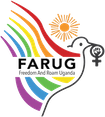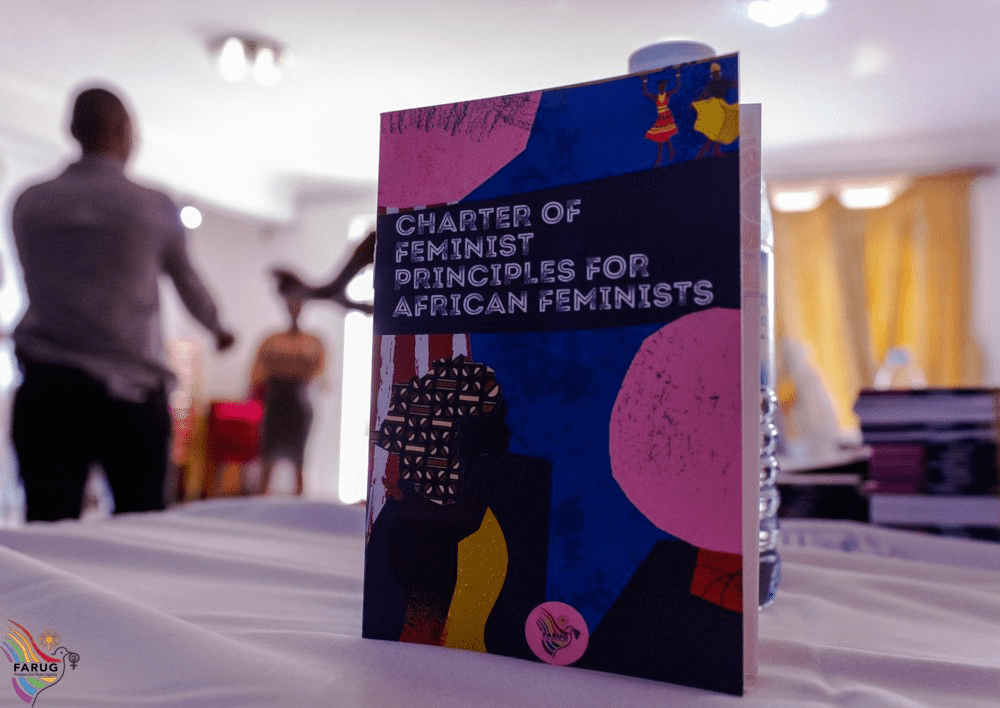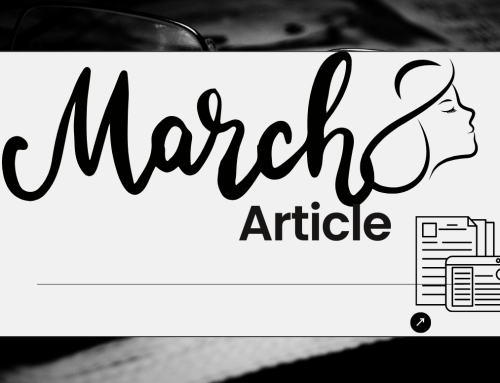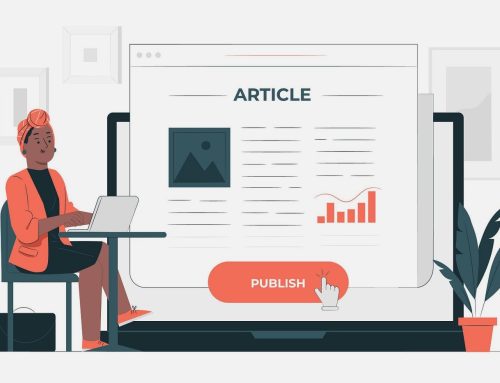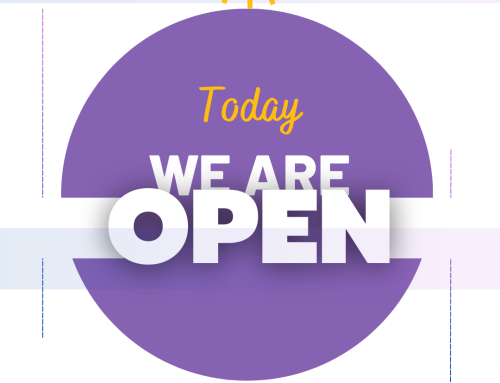The African Feminist Forum birthed in 2006, is a gathering for African Feminists to offer key strategies as well as reflect, reconnect and heal together as they celebrate their victories, promote rights of women in all diversities and change the African narratives in an equity way and since its inception, it has continuously held autonomous spaces under different themes aiming at challenging systems of oppressions and freedoms of women and diverse persons.
This year’s African Feminist Forum took place on 25th-29th of September which was organized around the theme of Movement Building against Fundamentalism. Fundamentalism is a concept reaction against aspects of modernity. This has manifested recently in the African context through religion with the aim of overshadowing feminist works and theories which have always been contested. Apart from discriminating and dehumanizing women and diverse out-groups, the most dangerous aspect of religious fundamentalism is violent bias.
With the support from Uganda Key Population Consortium under Free to Be Me project, Freedom and Roam Uganda was honored to be part of the first East African Feminist Forum and It’s upon this background that FARUG convened a two days’ autonomous space that aimed at sharing key learnings and lessons with the rest of the LBQ womxn community who were not part of the gathering as well as raise consciousness on how Christian fundamentalism is fueling violence against women and their autonomy.
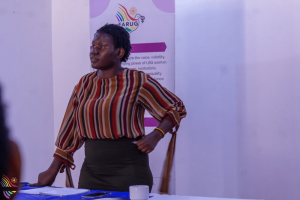
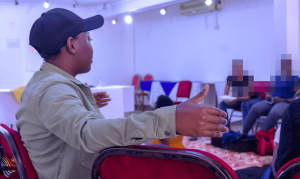
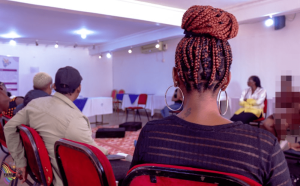
Furthermore, the space provided an opportunity to have different insights and discussions on the Charter of Feminist principles for African Feminists and how LBQ womxn can engage in the Feminist movement; The Charter of feminist principles for African feminists is a document to create standard principles to address key definitions of African feminism.
However, we need to recognize and respect others belief, existence, moral code, ideology and principles and seek to develop one another in love and tolerance as well as recognize African Feminists, decolonize ways of learning, i.e. produce African content, Africanize our thoughts.
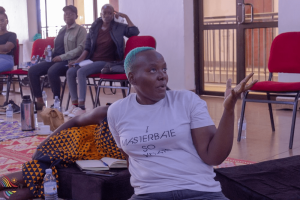
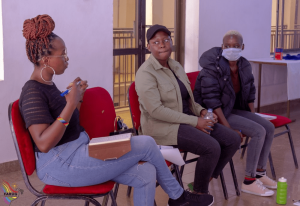
FARUG simplified the charter through a pocket hand book that is to facilitate LBQ womxn in gaining knowledge and skills in feminism as well as normalizing sexual diversities. The charter also seeks to redefine the concept of naming ourselves as feminist, understanding patriarchy and our identity as Queer feminists on Individual/personal, institutional and feminist leadership.
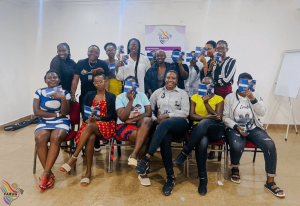
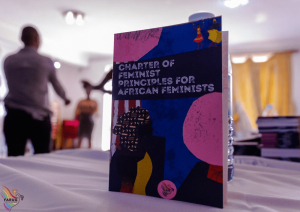
https://faruganda.org/wp-content/uploads/2022/10/CHARTER-OF-FEMINIST-PRINCIPLES-FOR-AFRICAN-FEMINISTS-FARUG-2022.pdf?swcfpc=1 for more insights on the African Feminist Charter for African Feminists.
